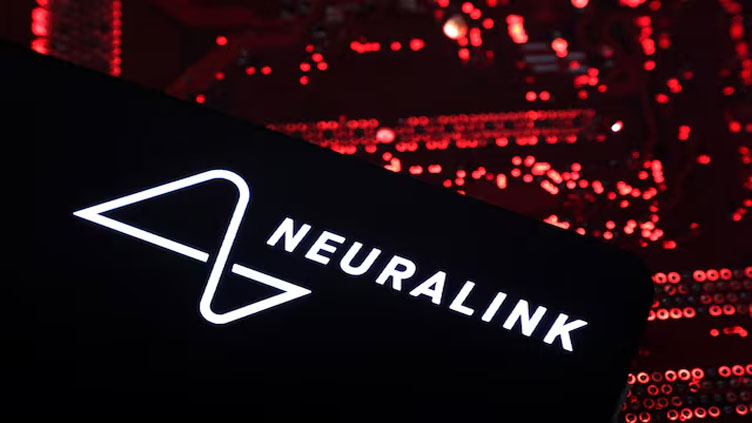Musk's Neuralink gets FDA's breakthrough device tag for 'Blindsight' implant

Technology
Blindsight will enable even those who have lost both eyes and their optic nerve to see
(Reuters) - Elon Musk's brain-chip startup Neuralink said on Tuesday its experimental implant aimed at restoring vision received the U.S. Food and Drug Administration's "breakthrough device" designation.
The FDA's breakthrough tag is given to certain medical devices that provide treatment or diagnosis of life-threatening conditions. It is aimed at speeding up development and review of devices currently under development.
The experimental device, known as Blindsight, "will enable even those who have lost both eyes and their optic nerve to see," Musk said in a post on X.
Neuralink did not immediately respond to a request seeking details about when it expects the Blindsight device to move into human trials. The FDA also did not immediately respond to a request for comment.
Founded in 2016 by Musk and a group of engineers, Neuralink is building a brain chip interface that can be implanted within the skull, which it says could eventually help disabled patients to move and communicate again, and also restore vision.
Neuralink's device has a chip that processes and transmits neural signals that could be transmitted to devices like a computer or a phone.
The startup is separately testing an implant designed to give paralyzed patients the ability to use digital devices by thinking alone, a prospect that could help people with spinal cord injuries.
This trial is expected to enroll three patients to evaluate its device in a study expected to take several years to complete, according to details on the U.S. government's clinical trials database.
Earlier this year, Neuralink successfully implanted the device in the second patient, who has been using it to play video games and learn how to design 3D objects.


